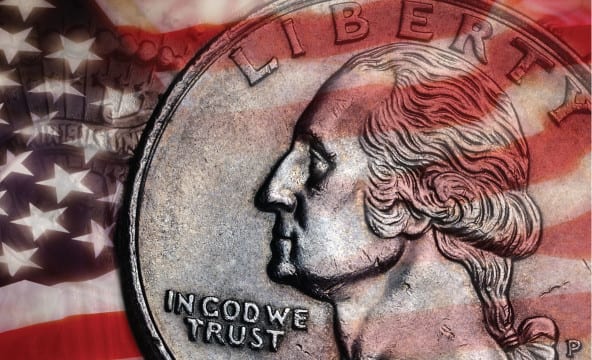 As the United States celebrates Independence Day, I think it is worth a second look at the declaration which marked the beginning of this nation nearly 240 years ago. I find it fascinating how many people want to argue, one way or the other about who the founding fathers were and whether to cast them as heroes: champions of secular freedom, defenders of Christian faith, revolutionaries for the people, or as villains: greedy landowners, tax evaders, slave holders, misogynists. I am less interested in the people who founded this nation than the theory of government they describe in the Declaration of Independence. Even more, I am amazed to see how the meaning of the words that set this nation into being are ignored or misunderstood, even as those same words are celebrated every Fourth of July.
As the United States celebrates Independence Day, I think it is worth a second look at the declaration which marked the beginning of this nation nearly 240 years ago. I find it fascinating how many people want to argue, one way or the other about who the founding fathers were and whether to cast them as heroes: champions of secular freedom, defenders of Christian faith, revolutionaries for the people, or as villains: greedy landowners, tax evaders, slave holders, misogynists. I am less interested in the people who founded this nation than the theory of government they describe in the Declaration of Independence. Even more, I am amazed to see how the meaning of the words that set this nation into being are ignored or misunderstood, even as those same words are celebrated every Fourth of July.
The Declaration of Independence
In the Declaration of Independence, a revolutionary concept of government is proposed. That is, that government exists by the consent of the people in recognition of “certain unalienable Rights,” which include but are not limited to “Life, Liberty, and the pursuit of Happiness,” and exists for the purpose of securing those rights for the people consenting to it.
You may not notice it right away, but those words imply a remarkable concept completely contrary to the notion of separation of church and state as it is understood today. The founding fathers based the legality of the revolution and the formation of a new government on the presupposition that there was truth out there, real truth, which includes the truth that humans all have rights. They believed government did not establish those rights, but rather was formed to recognize and protect them.
Human Rights
But notice that if “human rights” are real, they come from somewhere deeper than simple nature. That is, they are supernatural ideas. Whether it is biology, psychology or sociology, science won’t find them. Today, we act as if supernatural truth, such as the existence and nature of “rights,” is more like an agreement of the majority to pretend certain things are true. Truth is not a reality to be recognized, and if everyone changes their mind, we can just pretend something else instead.
That won’t work. A government that recognizes and protects human rights protects the minority against the majority regardless of public opinion, when the majority is impinging upon the minority’s rights. U.S. law protects the atheist’s right to disbelieve God because U.S. law is based on the belief that the atheist is wrong! The U.S. democracy is built on the notion that truth is not democratic, that some truths are self-evident, and that an educated populace will seek to protect those truths, not redefine them.
Dependence on Truth
I don’t know how many of the founding fathers were truly followers of Christ. I don’t know how much they meant to connect their law to God’s truth or to defend the God-ordained special dignity of humanity. But when they declared independence from British rule, they set into motion a nation whose whole existence depended upon the existence of deeper truths rooted in God’s creation of this world. The “right” U.S. government arises from people who believe in truth, seek truth, and defend truth, not people who get to redefine it however they want, and who must fearfully keep God out of the public sector.
I am pessimistic that the church will succeed in ending the hypocrisy in our current government and law. But I am glad there is a little bit of God’s truth in U.S. law because I think God’s truth is good even when people fail to recognize it.
Dr. Tim Sansbury is vice president of administration and assistant professor of philosophy and theology at Knox Theological Seminary.
He can be reached at
[email protected].

Comments